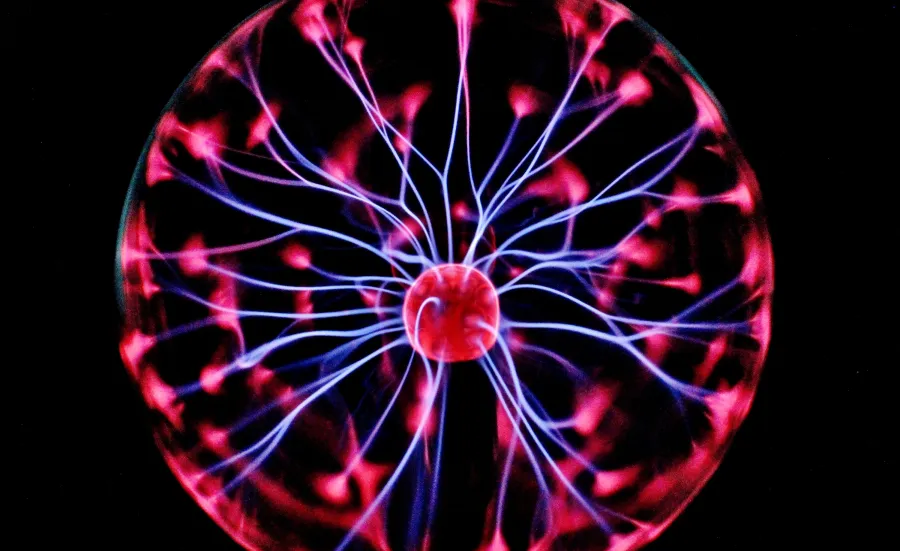Electrochemistry

The Electrochemistry Group has research programmes to generate new materials and new electrochemical approaches to energy conversion and storage. This includes research into fuel cells, thermoelectrics, lithium batteries and supercapacitors.



